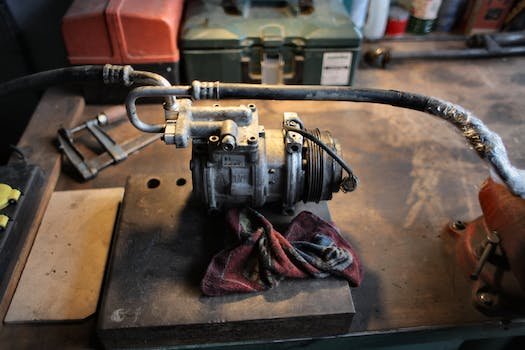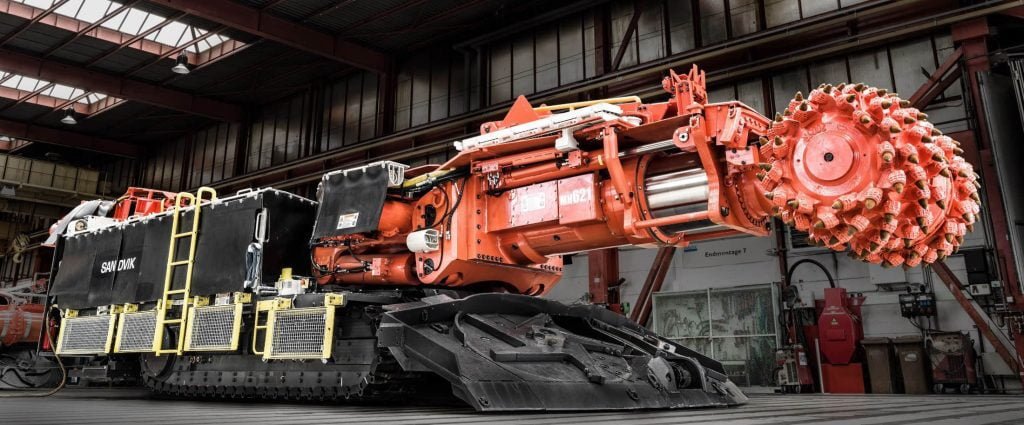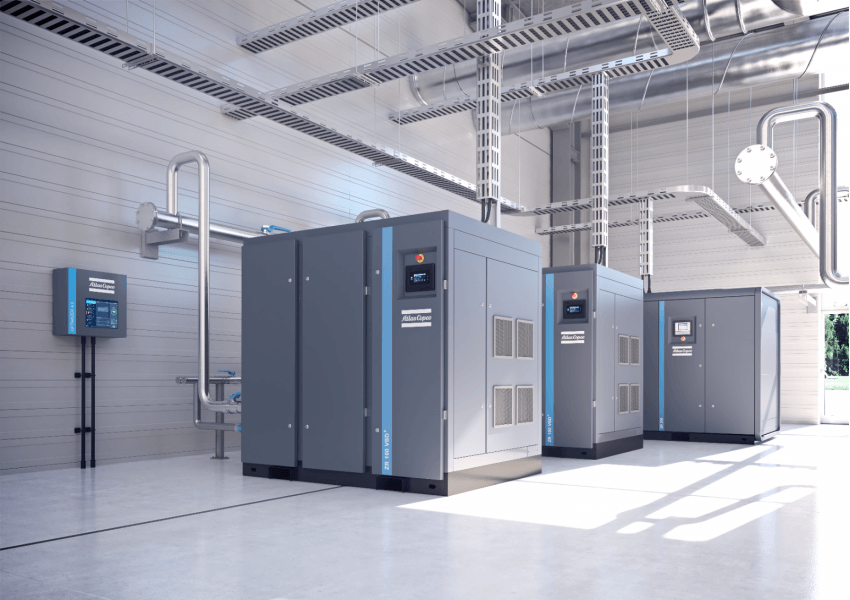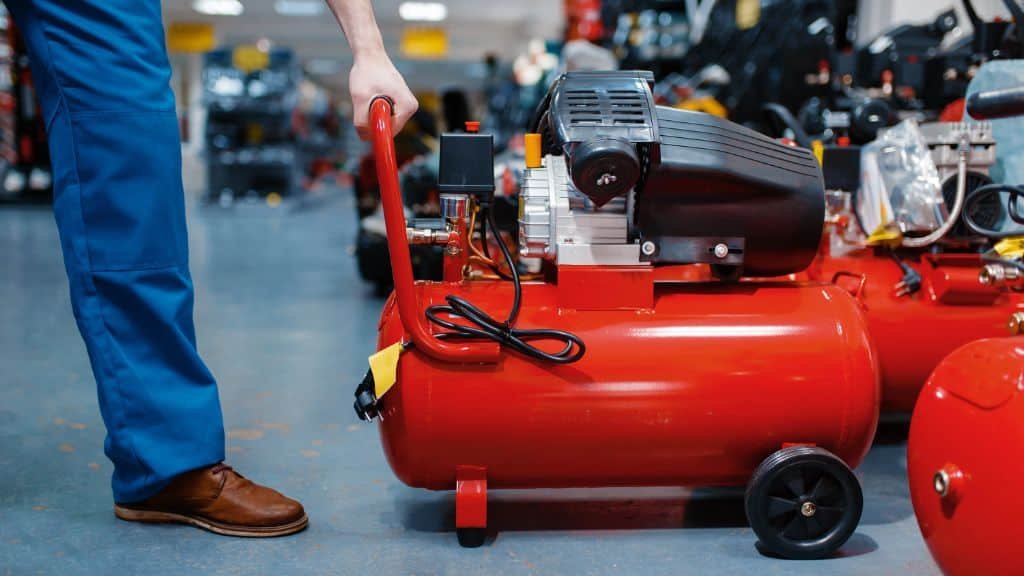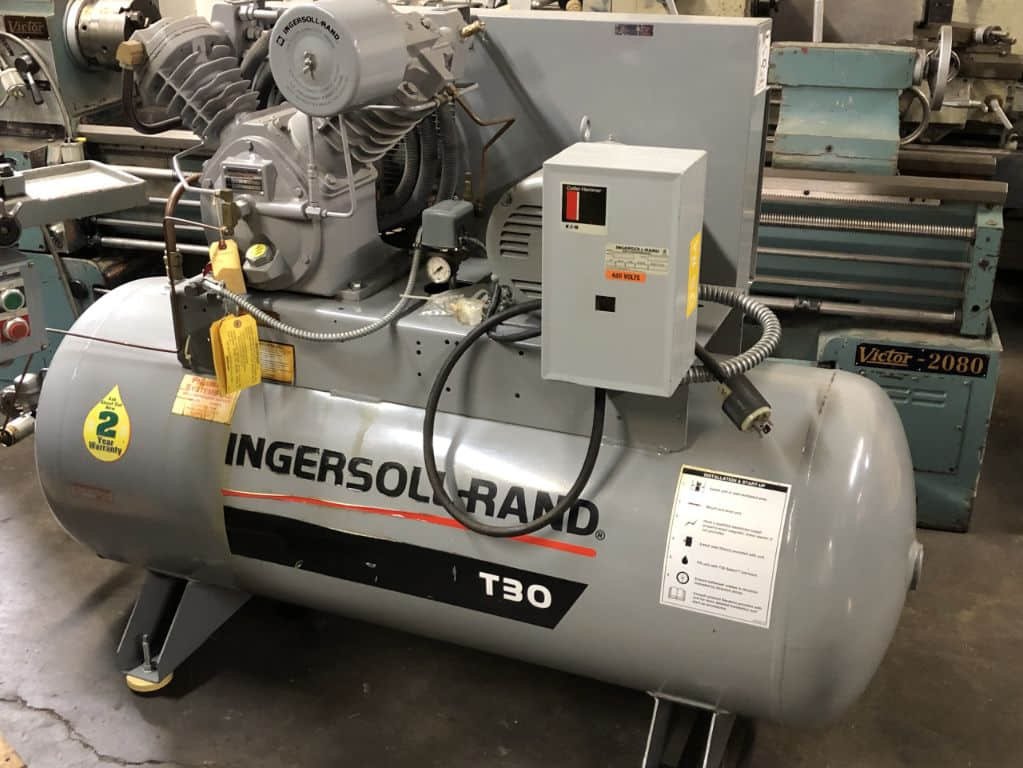Boge Air Compressors: Weighing the Costs of Repair vs Replacement
When it comes to industrial equipment, air compressors play a crucial role in various applications. Boge Air Compressors have gained a reputation for their reliability and performance. However, like any mechanical device, they are subject to wear and tear over time. This raises an important question for businesses that rely on these compressors: should you repair or replace a faulty Boge Air Compressor? In this article, we will delve into the factors that can help you make an informed decision.
The Importance of Regular Maintenance
Before we dive into the repair vs replacement debate, it is essential to emphasize the significance of regular maintenance for Boge Air Compressors. Just like any other machinery, these compressors require routine inspections, cleaning, and servicing to ensure optimal performance and longevity. Neglecting maintenance can lead to more frequent breakdowns and costly repairs. Therefore, investing in a comprehensive maintenance plan is a wise decision that can save you from unnecessary expenses in the long run.
Factors to Consider When Deciding Between Repair and Replacement
When faced with a malfunctioning Boge Air Compressor, several factors come into play when deciding whether to repair or replace it. Let’s explore these factors in detail:
1. Age of the Compressor
The age of the compressor is a crucial factor in determining whether to repair or replace it. As compressors age, their components wear out, making them more prone to breakdowns. If your Boge Air Compressor is relatively new and the repair cost is significantly lower than the cost of a new compressor, repairing it might be the best option. However, if the compressor is nearing the end of its expected lifespan, investing in a new one could be a more cost-effective choice in the long term.
2. Extent of Damage
The extent of damage to the compressor is another vital consideration. Minor issues such as leaks or worn-out belts can often be repaired without incurring substantial costs. On the other hand, if the damage is severe and requires replacing major components, the repair expenses can quickly add up. In such cases, it might be more economical to replace the compressor altogether.
3. Energy Efficiency
Energy efficiency is a significant concern for businesses aiming to reduce operational costs and minimize their environmental footprint. Older air compressors tend to be less energy-efficient compared to newer models. By replacing an outdated Boge Air Compressor with a more energy-efficient one, you can potentially save a significant amount on your energy bills in the long run. Additionally, newer models often come with advanced features that further enhance efficiency and performance.
4. Availability of Spare Parts
Availability of spare parts is a crucial factor to consider when deciding whether to repair or replace a Boge Air Compressor. If the required parts are readily available and the repair can be completed within a reasonable timeframe, repairing the compressor might be a viable option. However, if the necessary components are obsolete or difficult to source, replacing the compressor could be the only practical solution.
5. Overall Cost Comparison
Ultimately, the decision between repair and replacement boils down to cost. It is essential to compare the total cost of repair, including labor and parts, with the cost of a new compressor. If the repair cost is significantly lower and the compressor still has a considerable lifespan ahead, repairing it might be the most cost-effective choice. However, if the repair cost is close to or exceeds the cost of a new compressor, investing in a replacement could be a wiser long-term investment.
6. Future Needs and Growth
Consider your future needs and growth plans when deciding between repair and replacement. If your business is expanding or you anticipate an increase in compressed air requirements, investing in a new, more powerful compressor might be a better option. Upgrading to a larger capacity compressor can ensure that your operations run smoothly without any bottlenecks.
Frequently Asked Questions (FAQs)
1. Can I repair a Boge Air Compressor on my own?
While minor repairs such as replacing belts or fixing leaks can be done by individuals with some mechanical knowledge, it is generally recommended to seek professional assistance for complex repairs. This ensures that the repair is done correctly and minimizes the risk of further damage.
2. How often should I schedule maintenance for my Boge Air Compressor?
Regular maintenance should be scheduled at least once every six months. However, the frequency may vary depending on the compressor’s usage and operating conditions. It is best to consult the manufacturer’s guidelines or seek advice from a qualified technician.
3. What are the signs that indicate my Boge Air Compressor needs repair?
Common signs of a faulty compressor include unusual noises, reduced airflow, increased energy consumption, and frequent breakdowns. If you notice any of these signs, it is advisable to have your compressor inspected by a professional technician.
4. Are there any tax benefits associated with replacing a Boge Air Compressor?
In some cases, businesses may be eligible for tax benefits or incentives when investing in energy-efficient equipment, including air compressors. It is recommended to consult with a tax professional or research local regulations to determine if you qualify for any such benefits.
5. Can I extend the lifespan of my Boge Air Compressor through regular maintenance?
Absolutely! Regular maintenance, including cleaning, lubrication, and timely repairs, can significantly extend the lifespan of your Boge Air Compressor. By following the manufacturer’s guidelines and investing in routine servicing, you can maximize the performance and durability of your compressor.
6. What are the environmental benefits of replacing an old air compressor?
Replacing an old air compressor with a more energy-efficient model can lead to reduced energy consumption, resulting in lower greenhouse gas emissions. Additionally, newer compressors often incorporate advanced technologies that minimize oil carryover and reduce environmental impact.
In conclusion, when faced with the decision of repairing or replacing a faulty Boge Air Compressor, it is crucial to consider factors such as the age of the compressor, extent of damage, energy efficiency, availability of spare parts, overall cost comparison, and future needs. By carefully weighing these factors and seeking professional advice, you can make an informed decision that ensures optimal performance and cost-effectiveness for your business.
